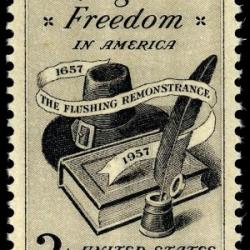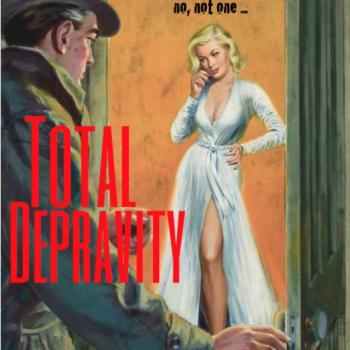(This is originally from the footnote to a post here five years ago. I’m re-posting it here today so it will be easier to find for future reference, and because it may be useful to find for future reference.)
– – – – – – – – – – – –
Consider again that parable Jesus told about the beggar Lazarus and the callous rich man. That parable describes a common phenomenon, almost a microcosm of this unfair, unjust world. The actual, real world we live in is filled with precisely this sort of situation. Lazarus’ life was an unending stream of misery — cold, hunger, physical pain, neglect and loneliness. The self-centered rich man, on the other hand, had the best food, the best house, the finest clothes and all the friends money could buy. And he didn’t give a rip about Lazarus.
That doesn’t seem fair. It isn’t fair. We want to see such unfairness corrected. The world seems wrong and we want to see it made or remade right.
Every religion worth anything addresses this dilemma in two ways. First by requiring that its adherents practice both charity and justice here in this life. And second by extending the hope that such unfairness will ultimately be rectified, if not in this world, then in the next.
When religion goes awry or becomes corrupt, it often results from or results in an emphasis on one of those two aspects to the neglect of the other.
Corruption A: Emphasize the hope for eschatological justice to the neglect of justice in this world and you end up with the “pie in the sky when you die” opiate used to justify every oppressive caste system from Bombay to Alabama.
Corruption B: Emphasize justice in this world to the neglect of the hope for eschatological justice and you begin thinking that you can impose perfect, infallible justice here in the temporal realm — an idea that quickly gallops off into oppressive theocracy of one form or another.
Our history books and newspapers are so full of examples of both of those errors that it can be tempting to think that maybe religion itself is the problem. If we could just stamp out religion, we could end oppression and establish perfect justice. See again Corruption B above.












